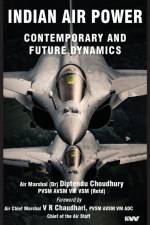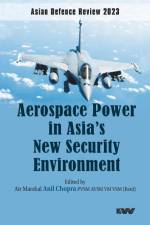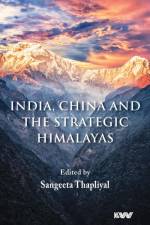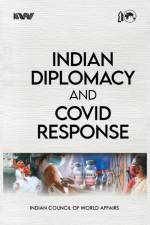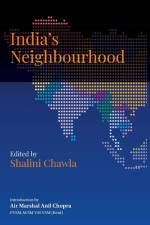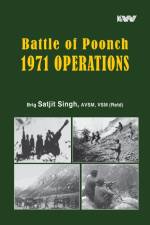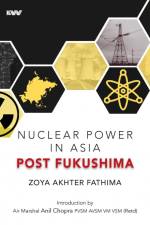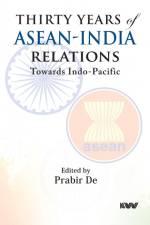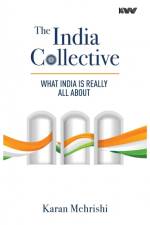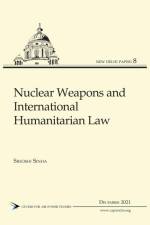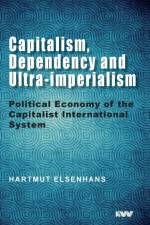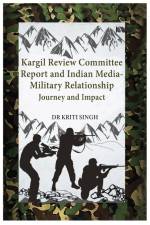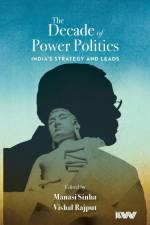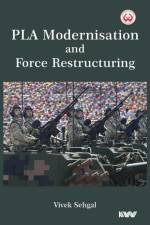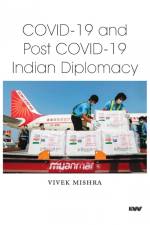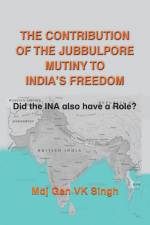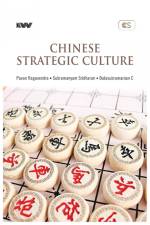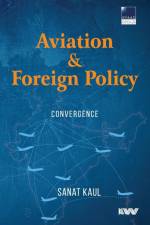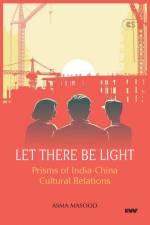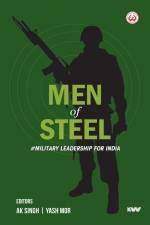von Mujib Alam
65,00 €
The essays in this edited volume seek to understand the regional and international ramifications of the wave of protest demonstrations that swept across West Asia and North Africa in the early 2010s, both on the ground and online. Dissatisfaction with political repression and corruption, economic difficulties and inequities, and a desire for freedom and democracy all played a role in the Arab Spring uprisings. It deposed long-standing dictatorships, ushering in a period of insecurity and instability that would have long-term consequences for the region's political economy and international relations. Although the protests have ended, the legacy of that turbulent era will live on, most notably in the acceleration of regional change and transformation."At a time when many observers regard the Arab Spring as an established fact, this volume offers a sober reflection by situating the events within a historical structural setting and a complex international geopolitical context. A highly recommended text, especially for those seeking a nuanced understanding of the interactions between local actors and non-Western powers, particularly India and China, as well as how and why their roles are constructed as they appear in today's debate."- Chuchu Zhang, Associate Professor, School of International Relations and Public Affairs, and Deputy Director, Center for Middle Eastern Studies, Fudan University, Shanghai"The Arab Spring was a watershed moment in the Arab world. It has cast a long shadow over the West Asian region and beyond. A decade later, it is appropriate to reflect on the magnitude of the phenomenon and better understand current reality in its context. The book, written from the perspectives of various authors, is a welcome addition to the literature on the Arab Spring."- Gulshan Dietl, Professor (retired), Centre for West Asian Studies, Jawaharlal Nehru University, New Delhi"This volume adds to our understanding of the dynamics and legacies of the Arab Spring at the domestic, regional, and international levels. The included analyses draw on a diverse and rich repertoire to shed light on some of the most pressing issues in post-Arab Spring politics and society."- ¿smail Yaylac¿, Fatih Sultan Mehmet Vak¿f University, Istanbul"Arab Spring and its Legacies is comprehensive, examining a rather complex subject in depth while combining clarity and sound historical reasoning. Both scholars and the general public will benefit from this work."- K.P. Fabian, former Indian diplomat to Qatar and Iran, and Professor, Symbiosis University, Pune

